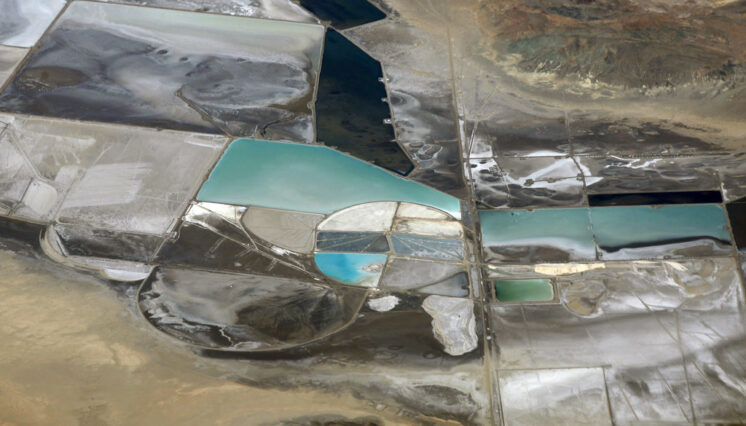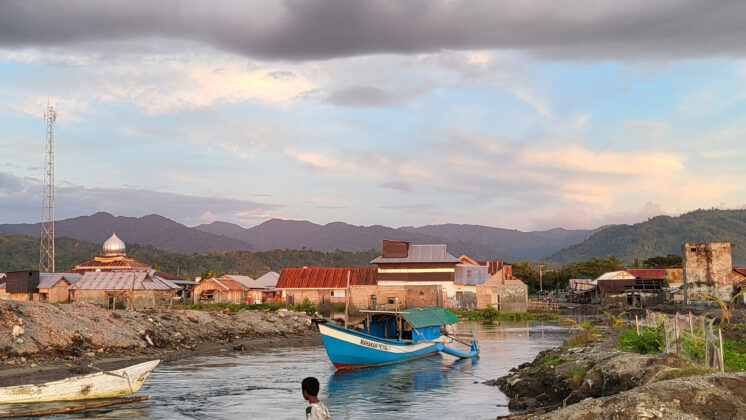There is more than replacement of fossil fuels with renewable ones in transition to the new energy system. Private electric cars are only for those who can afford them compared to those who commute using commuter lines or mass rapid transportation. In addition to that, the new energy system does not always have to be more mining.
 Photo: "2010_08_06_rno-phx-bos_036" by dsearls is licensed under CC BY 2.0
Photo: "2010_08_06_rno-phx-bos_036" by dsearls is licensed under CC BY 2.0Underneath the Atacama desert lies the world’s most lithium reserve. Chile supplies almost a quarter of the global market of lithium. Generally, brine is pumped to the surface and arrayed in evaporation ponds resulting in a lithium-rich concentrate. The process involves a massive amount of water. While the Atacama only receives less than a millimeter of rain each year, the need for freshwater for lithium extraction is enormous. Now, freshwater is less accessible to the 18 indigenous Atacameno communities, and the habitat of Andean flamingoes has been disrupted.
The Plurinational Observatory of Andean Salt Flats (Opsal) links environmental and indigenous activists across the so-called “lithium triangle” of Chile, Bolivia, and Argentina. Opsal has advocated for holistic regulation of this vulnerable desert wetland, prioritizing its intrinsic ecological, scientific and cultural value and respecting communities’ right to participate in its governance. Opsal is working with members of Congress to draft a law that would preserve the salt flats and wetlands currently threatened by lithium and copper mining, and hydroelectric plants.
Read more.











